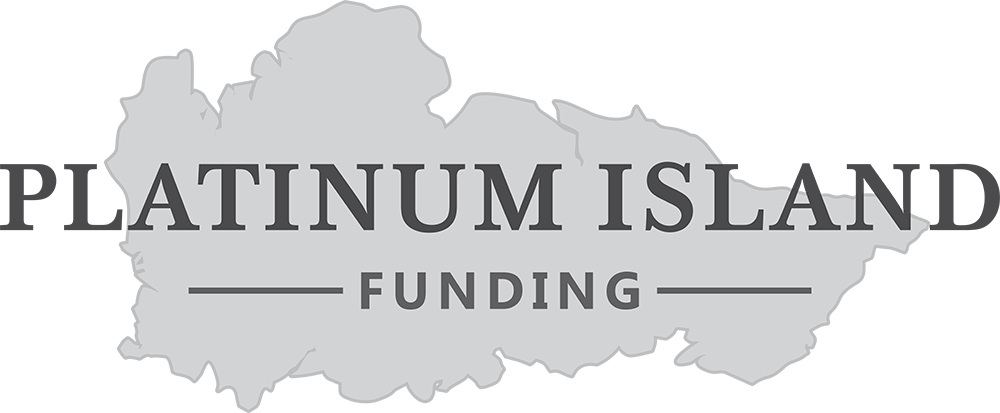When you’re running a business, one of the most crucial decisions you’ll make is choosing the right funding option for growth. Whether you need working capital, equipment financing, or funds to expand, there are many avenues available. Among the most popular choices for small businesses is an SBA loan. But is an SBA loan the right choice for your business? In this guide, we’ll explore SBA loan qualifications, the different types of SBA loans, their advantages and disadvantages, and help you decide whether an SBA loan is a suitable financing option for your needs.
What Is an SBA Loan?
An SBA loan refers to a loan backed by the Small Business Administration (SBA), a federal agency that aims to support small businesses across the United States. SBA loans are offered through SBA-approved lenders, such as banks and credit unions, and provide a range of loan options designed to meet the needs of small business owners.There are several types of SBA loans, but the most common are the SBA 7(a) loan and the SBA 504 loan. Both types come with varying terms, interest rates, and qualifications, but they share the key advantage of lower interest rates and longer repayment terms compared to traditional loans.
SBA Loan Qualifications
To determine if an SBA loan is right for you, it’s essential to understand the qualifications. While the qualifications may vary depending on the specific type of SBA loan, some common requirements include:
- Time in Business: Most lenders require you to have been in business for at least 2 years.
- Credit Score: Your credit score plays a significant role in your eligibility. SBA loans typically require a minimum credit score of 620, but having a higher score increases your chances of approval.
- Business Revenue: Lenders want to ensure your business has steady cash flow and the ability to repay the loan. Generally, your business should have a minimum annual revenue of $100,000.
- Collateral: Depending on the loan size and type, you may need to offer collateral, especially for larger loans.
- Personal Guarantee: SBA loans often require a personal guarantee, meaning you will be personally liable for repaying the loan if your business defaults.
Think you qualify? Find out how much you could secure with an SBA loan. Let’s talk.
Types of SBA Loans
SBA 7(a) Loan
The SBA 7(a) loan is the most versatile and popular option for small businesses. It can be used for a variety of purposes, including working capital, equipment purchases, and debt refinancing. Here’s a quick overview of the SBA 7(a) loan:
- Loan Amount: Up to $5 million
- Repayment Terms: Up to 25 years
- Interest Rate: Typically variable, based on the prime rate
- Uses: Working capital, equipment purchase, real estate, debt refinancing
SBA 504 Loan
The SBA 504 loan is designed for businesses that want to finance major fixed assets like real estate or equipment. This loan type is typically used for long-term business growth and expansion.
- Loan Amount: Up to $5.5 million
- Repayment Terms: 10 to 25 years
- Interest Rate: Fixed interest rates
- Uses: Real estate acquisition, machinery, equipment, or infrastructure
SBA Loan Advantages and Disadvantages
Advantages of SBA Loans
- Lower Interest Rates: SBA loans typically come with lower interest rates compared to traditional business loans, making them more affordable in the long run.
- Longer Repayment Terms: With repayment terms of up to 25 years, SBA loans provide more flexibility in managing cash flow.
- Smaller Down Payments: Compared to other types of financing, SBA loans usually require smaller down payments, making them more accessible for business owners with limited capital.
- Easier to Qualify: For businesses with strong financials, SBA loans offer a better chance of approval, even with less-than-perfect credit.
Disadvantages of SBA Loans
- Lengthy Application Process: The application process for SBA loans can be time-consuming, often taking several weeks or even months to get approved.
- Strict Eligibility Requirements: While SBA loans are easier to qualify for than traditional loans, they still have stringent eligibility criteria, such as a good credit score and collateral.
- Personal Guarantee: SBA loans often require a personal guarantee, which means you could be personally responsible for repayment if your business defaults.
- Limited Use of Funds: While SBA loans are flexible, they are not suitable for businesses that need funding for speculative purposes, like purchasing stocks or paying off personal debt.
Weighing your options? We’ll help you compare SBA loans to other funding solutions.
Should You Apply for an SBA Loan?
Now that you’ve reviewed the SBA loan qualifications, advantages, and disadvantages, you might be wondering if an SBA loan is right for your business. Here are a few scenarios where an SBA loan might be the best choice:
- You Need Long-Term Financing: If your business requires substantial funding for long-term projects like real estate or equipment purchases, an SBA loan is a great choice due to its low interest rates and extended repayment terms.
- Your Credit Score is Strong: While SBA loans are more forgiving than other loans, they still require a solid credit score. If you have a good credit history and a proven track record, you may be able to secure favorable terms.
- You Need Flexibility: SBA loans offer a wide range of potential uses, making them ideal for businesses with diverse financing needs.
However, if you need quick funding or have less-than-ideal credit, you might want to consider other options, like a merchant cash advance or business line of credit, both of which can offer faster access to capital.
Ready to apply or still exploring? Let us guide you through the right funding path.
Merchant Cash Advance: A Quick Alternative
If you need funding quickly, a merchant cash advance (MCA) could be a viable option. Unlike SBA loans, which may take weeks to approve, MCAs are designed for businesses that need cash immediately. MCAs provide quick access to capital based on your future sales, making them ideal for businesses with strong daily sales but limited credit or collateral. However, MCAs come with higher interest rates and fees, so they should be used cautiously.
Conclusion
An SBA loan can be a game-changer for your business, providing affordable, long-term financing for various business needs. However, it’s essential to carefully assess your business’s financial situation, goals, and eligibility before applying. If an SBA loan aligns with your needs, it could offer significant advantages, including lower interest rates, longer repayment terms, and flexible funding options.
At Platinum Island Funding, we can help guide you through the SBA loan application process and provide advice on the best financing options for your business. Contact us today to explore how an SBA loan or other funding options can help take your business to the next level.
Want expert help navigating SBA loans? Start your funding journey with us today
FAQs
What is the SBA loan process like?
The SBA loan process involves several steps, including applying with an SBA-approved lender, submitting required documents, and waiting for approval. The process can take several weeks, and you will need to provide financial statements, a business plan, and personal and business credit information.
What are the qualifications for an SBA loan?
To qualify for an SBA loan, you generally need to have been in business for at least 2 years, have a minimum credit score of 620, and demonstrate the ability to repay the loan. Additionally, you may need to offer collateral and sign a personal guarantee.
Can I apply for an SBA loan with bad credit?
While SBA loans are more accessible than traditional loans, they still require a good credit score. If your credit score is lower than 620, you may have difficulty qualifying, but there are other financing options available, such as merchant cash advances or business lines of credit.
What is the interest rate for an SBA loan?
The interest rate for an SBA loan typically ranges from 5% to 8%, depending on the loan type and the lender. SBA loans have lower interest rates than many traditional loans, making them an affordable option for small businesses.


